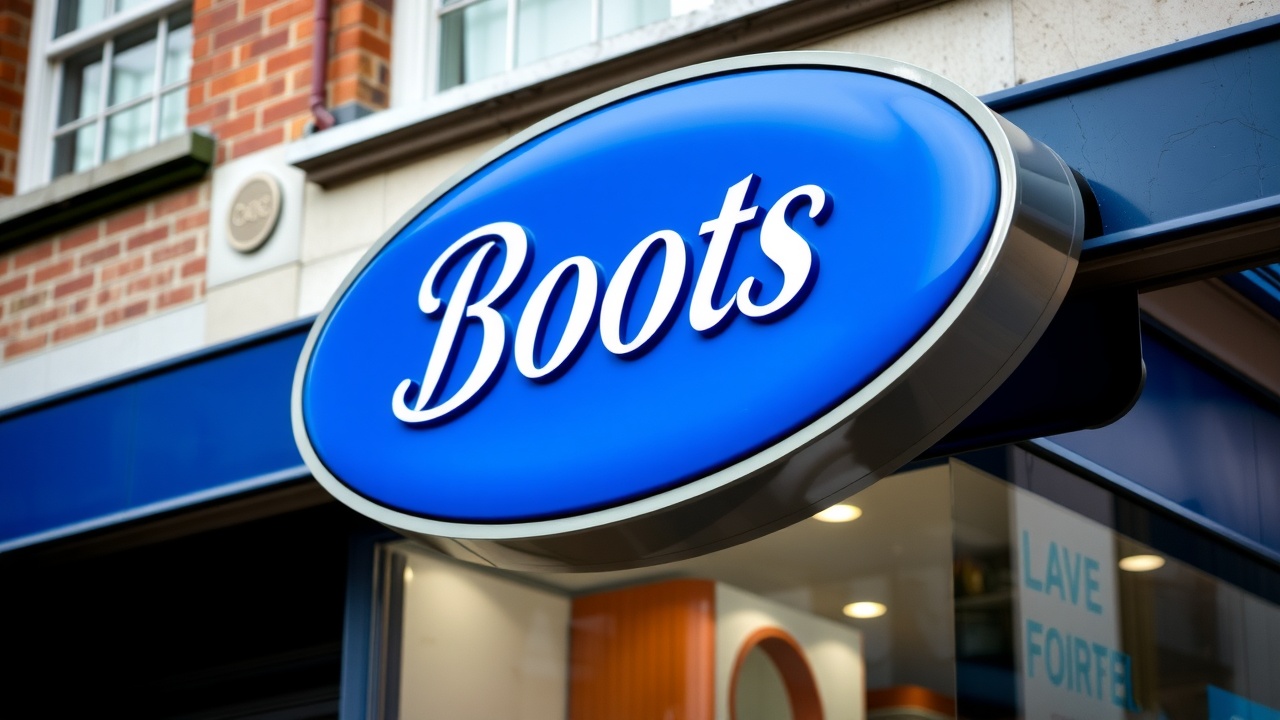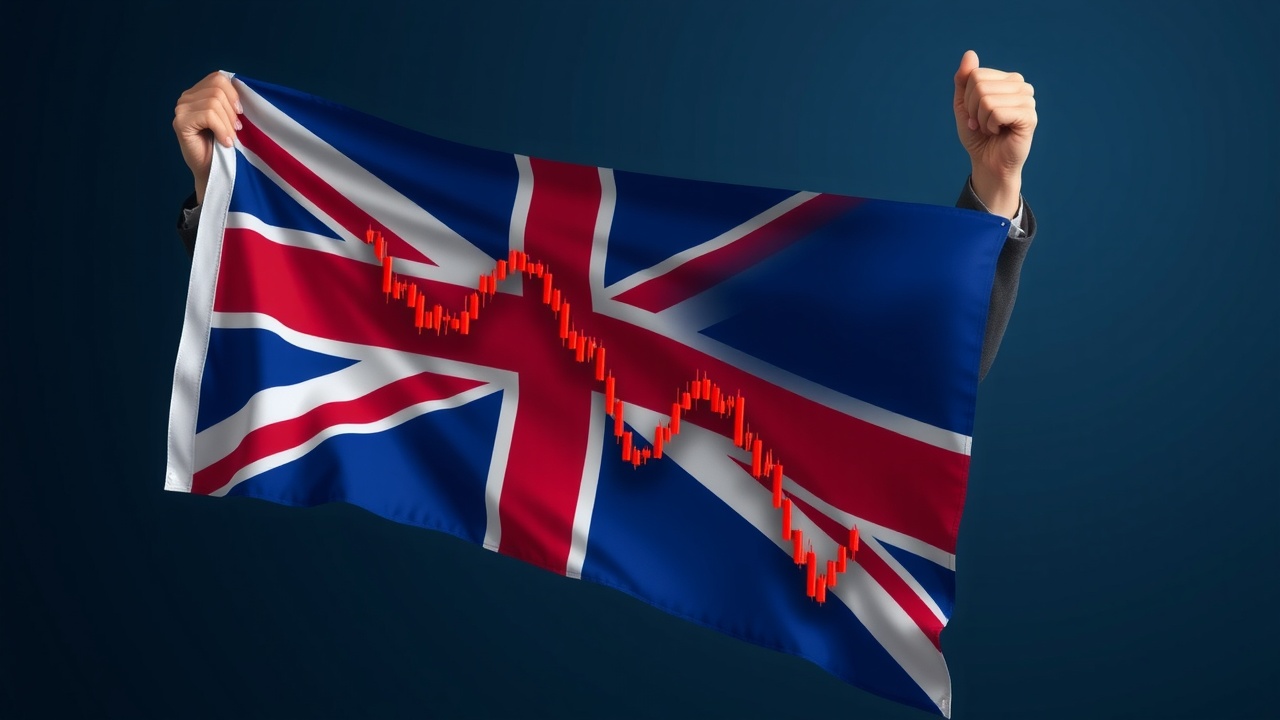
According to Kaylie Pferten, the investment firms that offer access to the strong growth of unlisted firms are appearing to be inexpensive
For one, five, and ten years, the private equity trust industry has generated the highest share-price returns of any industry, according to the Association of Investment Companies (AIC). It has outperformed the second-best sector, North America, by almost two-and-a-half times over the last five years, and by nearly two-and-a-half times over the last ten, at 534 percent.
However, as of 3 April, the average discount to net asset value (NAV) for private equity trusts is 37 percent for funds of funds and 21 percent for directly investing trusts, making them some of the market's largest discounts. It is acknowledged that the data is skewed by the massive 3i, which trades at a 49 percent premium and has a single investment, the European discount store Action, that accounts for 73 percent of its asset value. Over the course of ten years, investors' money was nearly ten times multiplied by 3i, the best-performing private equity trust.
Additionally, six more trusts are included in the AIC's list of the top 25 investment companies over a ten-year period, demonstrating that 3i is not an absolute anomaly. Patria, ICG Enterprise, and CT Private Equity are funds-of-funds, while Hg Capital and Oakley Capital are direct investors. Why, then, do investors dislike private-equity trusts so much, particularly funds of funds?
The skeptics are incorrect.
Widening discounts in 2022 were justified by the claim that, as interest rates increased and equity markets declined, valuations had become unrealistic. Funds that attempted to sell investments at a premium to NAV in order to demonstrate their asset values were viewed with suspicion; were they merely liquidating their best assets?
After three years, with steady sales and solid underlying performance, that skepticism seems out of place. Average investment returns are 5% over a year, but 14% compounded over five, indicating a slowdown in asset value growth. This is mostly due to higher interest rates, which have begun to decline.
The low visibility of underlying investments, which are too small to affect performance on their own, the double-charging implied by a fund-of-funds structure, and the uncertainty brought on by "commitments" to new funds were the reasons given for higher discounts for funds-of-funds. A new fund's manager will take a number of years to invest it, so they don't ask investors to pay up front; instead, they only ask for money when it's needed.
Although the liquidation will be gradual and take years, the investments will eventually be sold and the money returned to the investors. The fund-of-funds manager must strike a balance between the return of old capital and the withdrawal of new capital. This puts the fund at risk of either running out of money or having too much, which would slow returns. However, brokers Stifel note that "the composition of these funds has changed significantly in recent years, and it hasn't gotten the attention it deserves." This is the move away from fund-of-fund portfolios and toward co-investments, such as direct company investments. They note that in 2023, Pantheon International had a 100% fund investment, but that percentage has since dropped to 45%, with co-investments and other direct exposure making up 55% of the total.
A more straightforward arrangement.
Co-investments, or investing alongside a fund instead of through it, alleviate the burden of managing long-term unfunded commitments, avoid the double layer of fees, and increase the visibility of the investments in the portfolio. Letting co-investors like Pantheon participate lowers the lead investor's exposure and, consequently, risk. The fact that co-investments take more time than just investing in a fund and that co-investors are minority investors with little to no control over the investment are the drawbacks.
In reaction to steep discounts, private equity trusts have accelerated share buybacks, which significantly raise NAV. For instance, Pantheon repurchased 200 million shares in the year ending May 30, 2024, but only 12 million in the following six months. This is due in part to the fact that buybacks reduced the portfolio's net cash to net debt and in part to the fact that outstanding commitments totaling 730 million, or 31% of NAV. Nevertheless, more buybacks are anticipated when funds become available because the shares are trading at a discount of over 40% to NAV and exit distributions are increasing.
Over a ten-year period, the investment return has averaged 13 percent, but it has only been 3 percent in the past year. Furthermore, the average return on exited investments in Pantheons was 20% during the previous fiscal year, compared to a long-term average of 30%. The underlying companies' performance is still strong, as evidenced by their average revenue growth of 11% and cash generation growth of 16% during the same period.
Broad diversification.
HarbourVest Global Private Equity (LSE: HVPE), which is trading at a nearly 40% discount to NAV, has increased its buyback allocation from 15% to 30% of gross distributions received. This is anticipated to allow for 180 million buybacks this year, which could result in a 9% decrease in shares for a 6% decrease in assets. The remaining 80% of the portfolio is invested in 63 distinct funds-of-funds that are managed by HarbourVest, with only 20% coming from co-investments. This lessens the underlying portfolio's visibility while simultaneously lowering the possibility of embarrassment due to excessive commitments.
The trust has 14,385 underlying portfolio companies and 1,151 underlying fund managers, making it extremely diversified. Unusual venture capital exposure of 15% has recently hampered performance. However, the long-term record of a 15 percent annualized return on investment over a ten-year period, along with the 17 percent increase in cash generation, is impressive.
Although the sale of exposure to eight mature fund investments by ICG Enterprise Trust (LSE: ICGT) at a 5 point 5 percent discount to NAV appears disappointing at first glance, the 62 million realized allows the company to commit to new funds and buy back shares at a 37 percent discount to NAV. When underlying investments are sold, secondary market participation sales are always less expensive than full exits; in its most recent quarterly results, ICGT reported an 18% increase in carrying value from 12 full exits. The one-year return of 6.5 percent is higher than average, while the annualized investment returns over the past ten years have been 13 percent. Its exposure to direct investments has increased, similar to other funds, with 3035 percent of the portfolio now consisting of primary investments (purchased at the beginning) and 2530 percent in secondaries (purchased used, typically at a discount). The latter enables the investor to enter later, provided that a seller is willing, while the former offers the best overall returns, but primaries typically gain value momentum slowly. ICGT invests globally, just like HarbourVest and Pantheon, but only in buyout funds.
With a focused portfolio of 33 private European businesses across four industries, Oakley is a direct investor. Its annualized five-year return is 16 percent, but it still trades at a 32 percent discount to NAV. Higher interest rates have lowered valuations, as evidenced by returns of only 2% and 4% in the last two fiscal years (through the end of February).
In addition, approximately 20% of the portfolio was invested in 2024, but recent disposals have left 8% of it in cash. The valuation momentum of these recent investments has not yet developed. In order to free up £20 million annually for share buybacks, Oakley has canceled its meager dividend despite the cash. A commitment of 420 million to a new fund, which is anticipated to be drawn over five years, was also announced.
Even though Hg Capital Trust (LSE: HGT) has a one-year investment return of 8% and is the second-best performer over a ten-year period on the AICs list (+476 percent), the shares have dropped to an 8% discount due to dull market conditions.
Opposition to technology.
HGT has lost favor in the current anti-technology backlash due to its emphasis on software and services. The portfolio's cash generation increased by 23% last year, and the 500 million realisations (20 percent of the portfolio) had an average uplift to carrying value of 15%. These factors, along with its exceptional record (an annualised investment return of 18 percent compounded over ten years), make it an excellent value.
Lastly, despite a three-year investment return of 54 percent, which is two-and-a-half times the sector average, the shares of Literacy Capital (LSE: BOOK) have dropped from a premium to a 13 percent discount to NAV due to a -1.5 percent investment return in 2024. The modest decline in NAV was solely due to a very conservative basis of valuation, since the sales growth from the top ten investments (91 percent of the total) in 2024 was 18 percent, and the growth in cash generation was 24 percent.
Founded in 2017 and listed in 2021, Literacy is unique in that it only makes investments in the United Kingdom. It can invest in smaller companies because of its modest size (net assets under £300 million). Paul and Richard Pindar, the company's founders, own 39% of the share capital but do not receive any fees as directors.
In other words, there are simply not enough buyers, which is likely due to prejudice, which is why this significant and well-performing segment of the market is so undervalued. Citing Thames Water, Boots, and Asda as examples, many people link private equity with cost-cutting and financial engineering rather than investment and expansion.
Token exposure is all that most wealth managers include in their portfolios, and private investors are unaware that private equity trusts give them access to the high returns that can be obtained through a tradable vehicle. High discounts are currently the result of low demand, but good performance in better times should cause those discounts to drop significantly or even vanish, as they have for 3i.














Leave a comment on: Profit from private equity by utilizing investment trusts